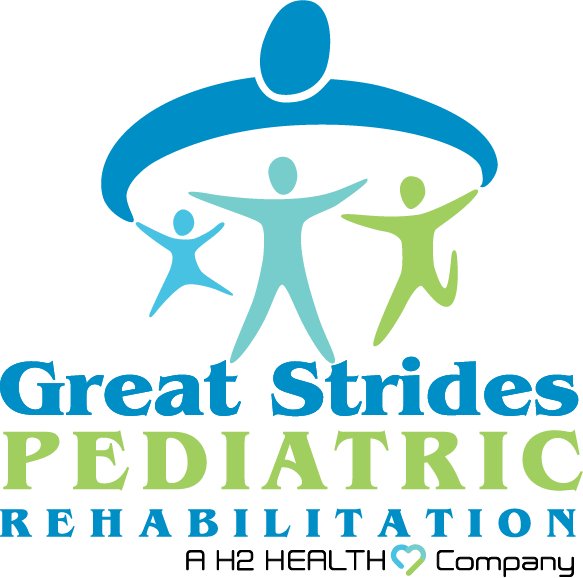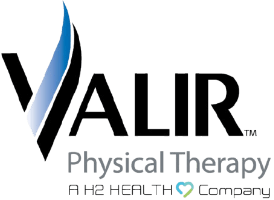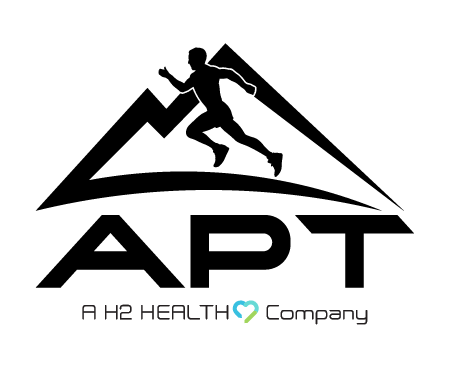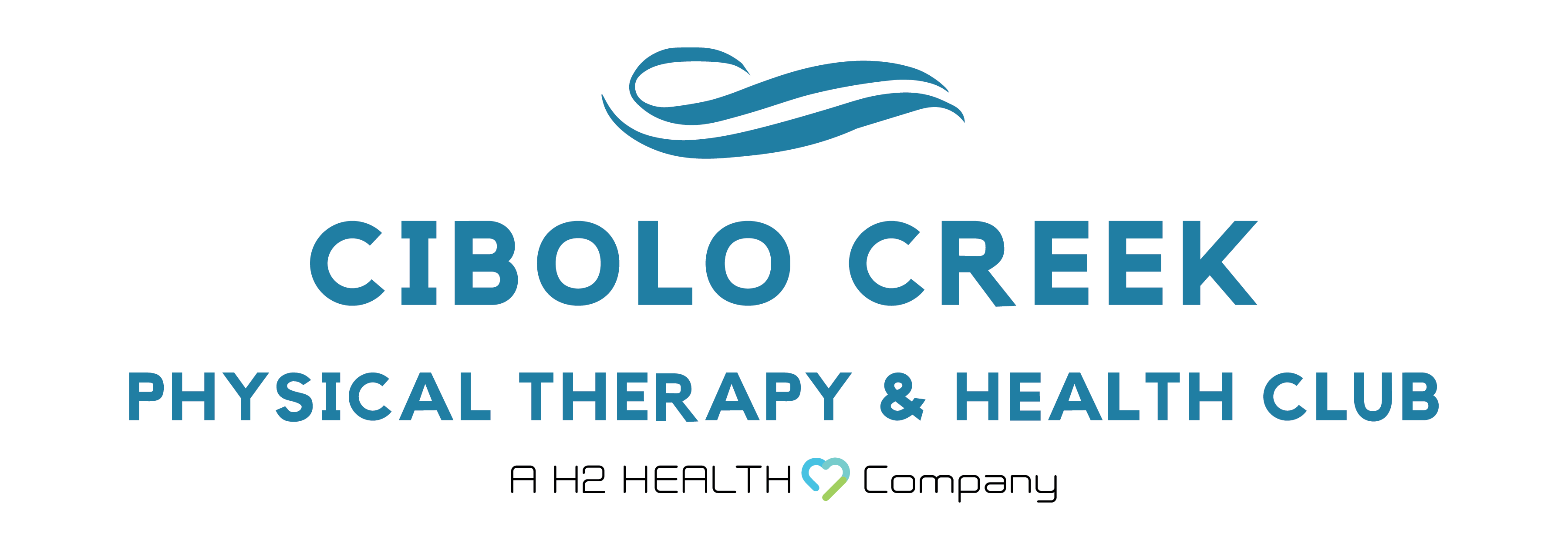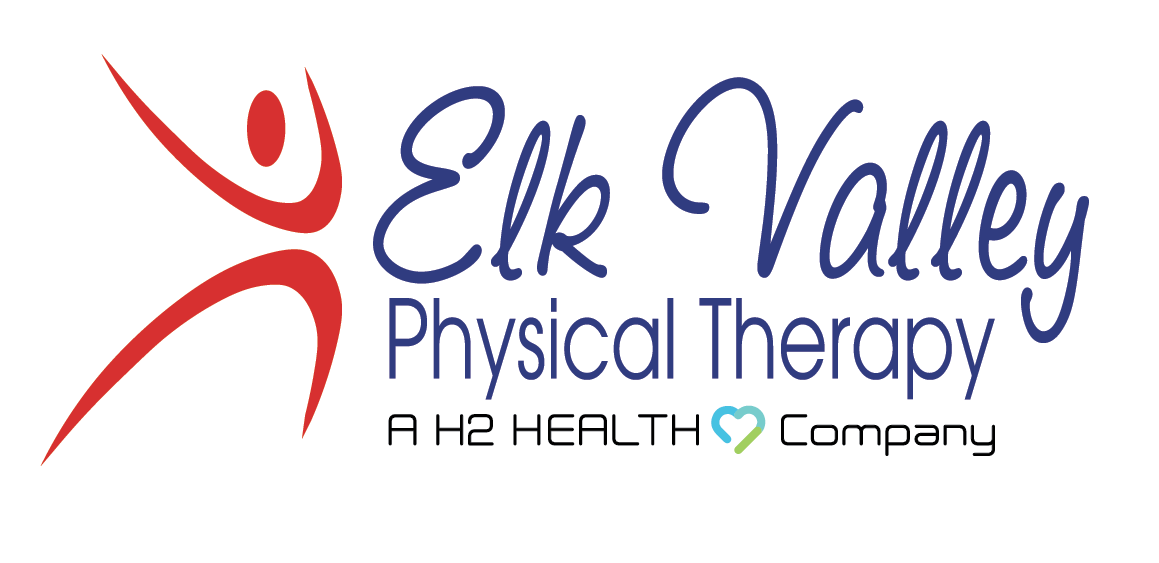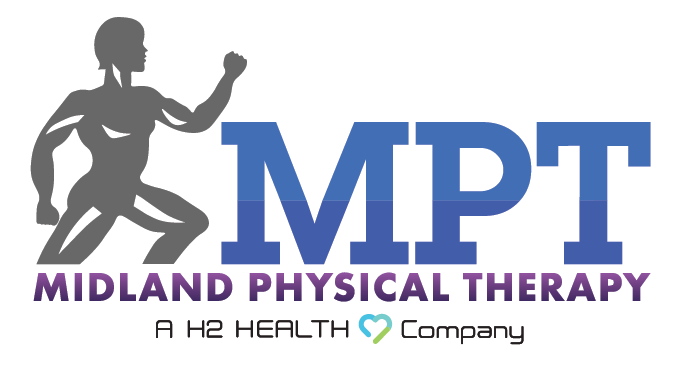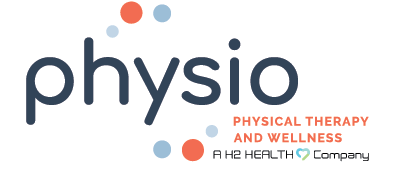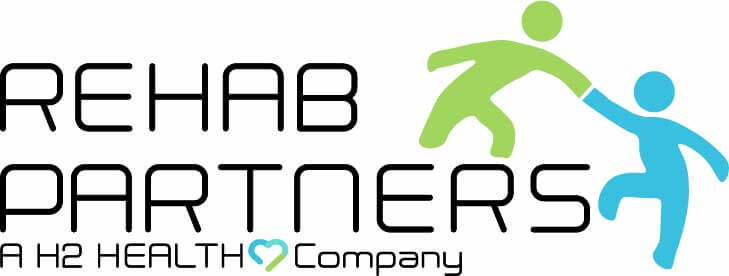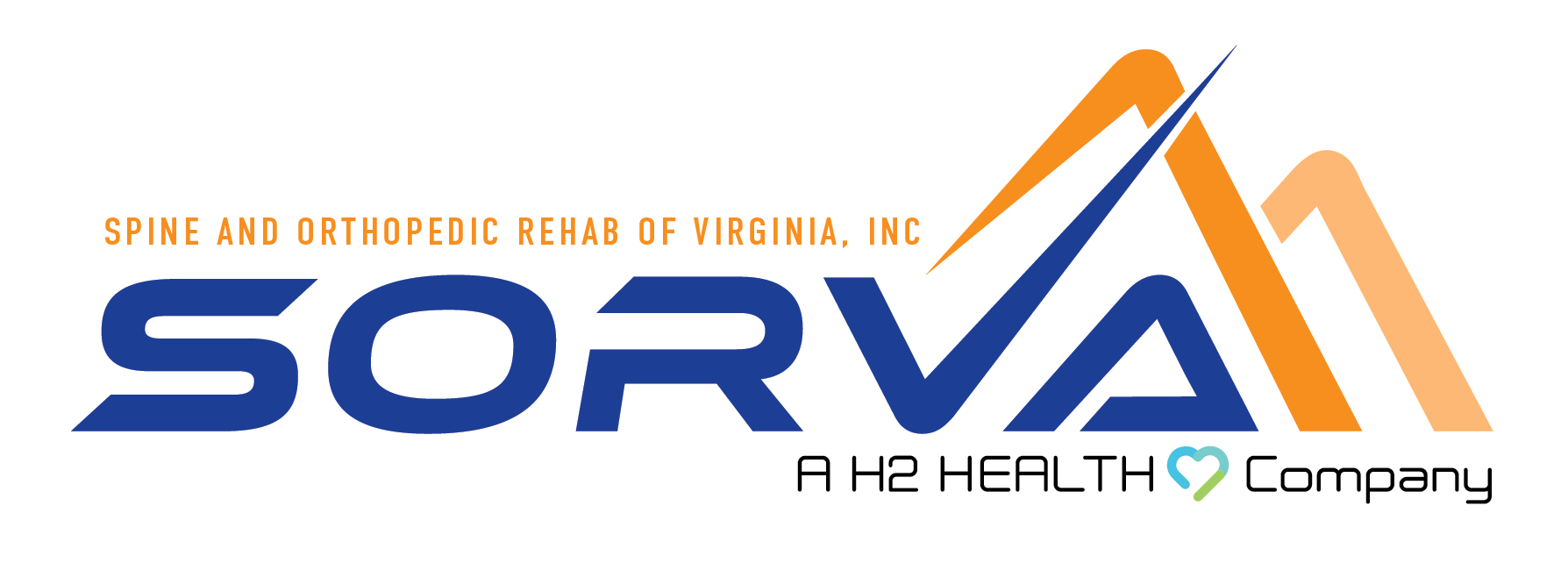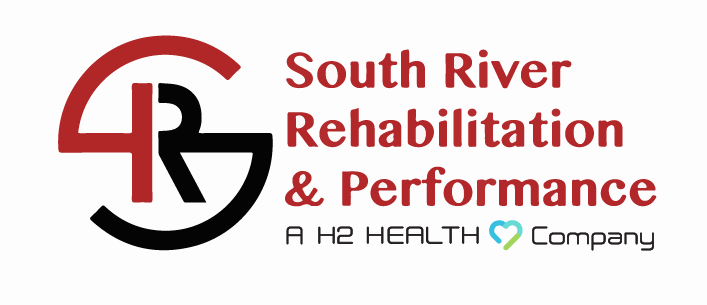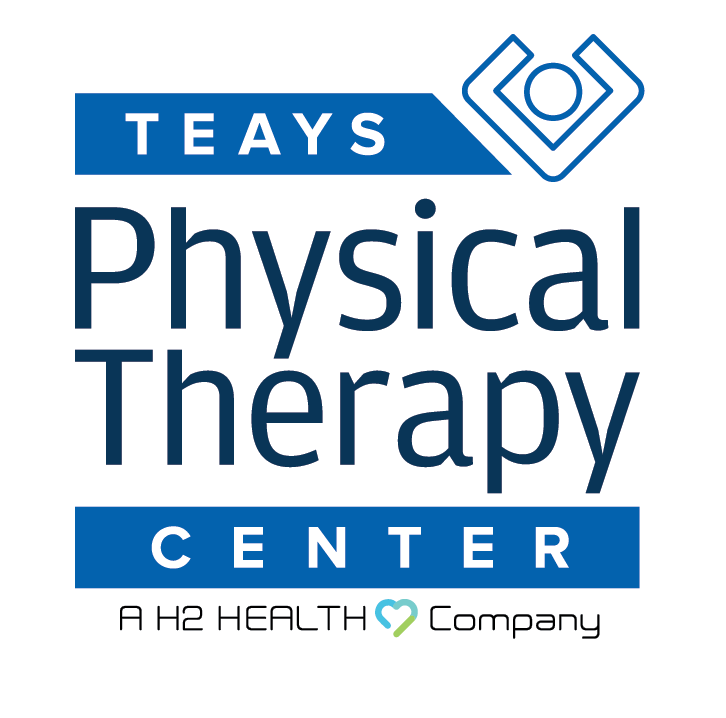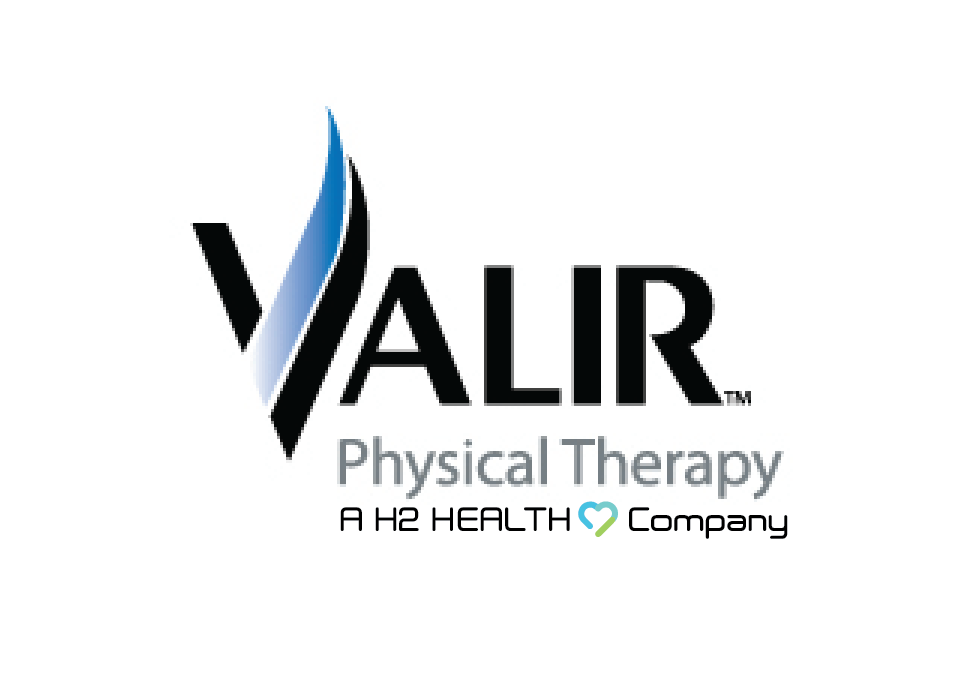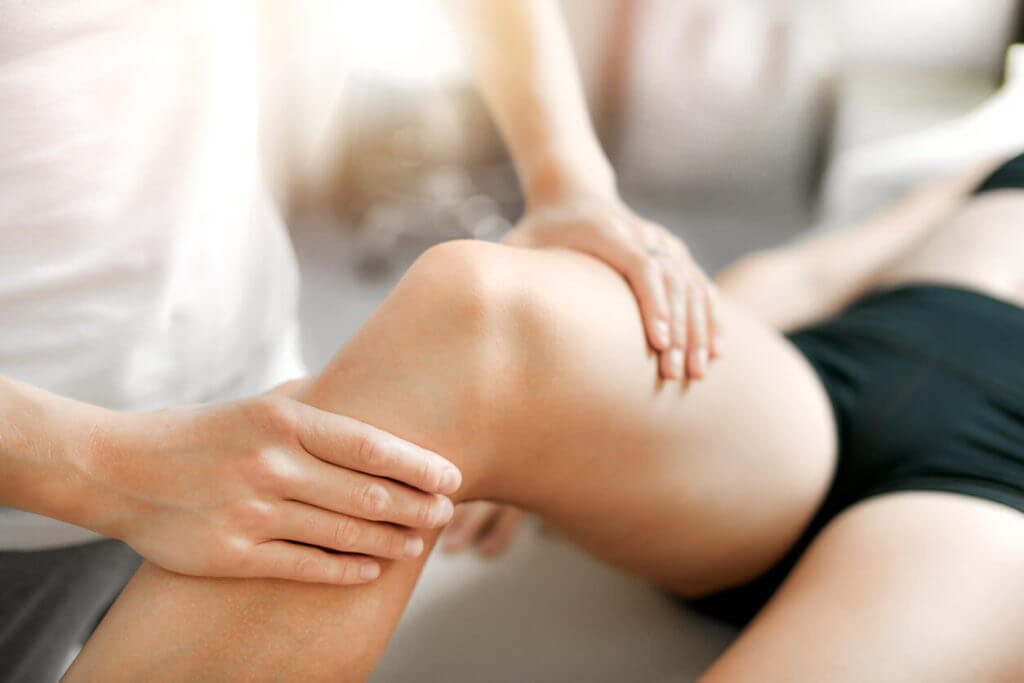
Meniscus injuries are among the most common knee injuries, especially for those who lead an active lifestyle. Whether you are an athlete, a weekend warrior, or someone who stays active through sports, workouts, or physical jobs, a meniscus injury can be a significant obstacle.
Understanding a meniscus injury and the best treatment options available can be the first step toward recovery. This guide will provide a clear overview of meniscus injuries, explore treatment options, and explain how H2 Health delivers exceptional care to help you return to your active lifestyle.
What is a Meniscus Injury?
The meniscus is a wedge-shaped, fibrocartilaginous structure located in each knee joint. There are two in each knee:
- The medial meniscus (inner side) — C-shaped and more firmly attached
- The lateral meniscus (outer side) — O-shaped and more mobile
Together, they serve several important functions:
- Shock absorption – cushioning the joint during weight-bearing activity
- Joint stability – helping the femur and tibia stay aligned
- Load distribution – evenly spreading forces across the knee
- Lubrication – aiding smooth movement and joint health
The menisci are essential for protecting the knee over time, and damage to them, often through twisting, impact, or degeneration, can impair movement and lead to further joint issues if not treated properly.
Symptoms of a Meniscus Tear
Recognizing symptoms of a meniscus injury is important for seeking timely treatment. Common symptoms include:
- Pain, specifically in the knee joint, and especially during movement
- Swelling and stiffness
- A catching or locking sensation in the knee
- Difficulty straightening the knee fully
If you experience these symptoms, it is crucial to consult a medical professional to determine the severity of the injury.
Who is at Risk of a Meniscus Injury?
While meniscus injuries are common in athletes engaged in sports like football, soccer, and basketball, they are not exclusive to high-impact sports. Active adults and recreational athletes involved in activities requiring sudden changes in direction are also at risk. Additionally, as we age, the cartilage in the knee weakens, making older adults more susceptible to degenerative meniscus tears caused by wear and tear.
Even common activities like kneeling, squatting, or lifting heavy objects can sometimes result in a meniscus injury for individuals at risk.
What Treatment Options Are Available for Meniscus Injuries?
Treatment for a meniscus injury depends on factors such as the location and severity of the tear, the patient’s age, and their activity level. Available treatments are divided into non-surgical and surgical options.
Non-surgical Treatment Options
For smaller tears or minor injuries, non-surgical methods are often effective. These include:
- Rest, Ice, Compression, Elevation (RICE): Managing pain, swelling, and inflammation with RICE is essential during the initial stages following the injury.
- Physical Therapy: Exercises designed to improve strength, flexibility, and range of motion help enhance knee stability and functionality.
- Bracing: Knee braces provide added support to the injured area while allowing safe movement.
- Medication: Nonsteroidal anti-inflammatory drugs (NSAIDs) can reduce pain and swelling.
Surgical Treatment Options
If non-surgical treatments are insufficient or if the tear is severe, surgery by an orthopedic specialist may be recommended. Surgery is often minimally invasive and performed using an arthroscope. Common surgical techniques include:
- Meniscectomy: Removal of damaged tissue when the tear cannot be repaired.
- Meniscus Repair: Suturing the tear together to allow it to heal naturally.
Recovery times vary based on the treatment received, but physical therapy plays a significant role in rehabilitation after surgery.
How H2 Health Treats Meniscus Injuries
At H2 Health, we understand the challenges posed by a meniscus injury, and we are here to help you regain your mobility and confidence. Our approach combines evidence-based treatments with personalized care to achieve the best possible outcomes for each patient.
Here is why H2 Health is the best choice:
- Expert Physical Therapists – Our experienced physical therapy team will create an individualized rehabilitation plan tailored to your specific needs.
- Evidence-Based Techniques – At H2 Health, we focus on clinically proven methods and evidence-based treatments that promote faster healing and pain relief. Your rehab plan may include hands-on manual therapy, therapeutic exercises, and neuromuscular re-education. We aim to expedite your recovery and help you return to the activities you love.
- Comprehensive Assessments – Our specialists perform thorough evaluations to ensure that your treatment targets the root causes of your injury, enhancing recovery and preventing re-injury.
- Supportive Environment – We provide a welcoming and positive atmosphere to make your recovery process as smooth and comfortable as possible.
- Convenient Scheduling – Our flexible scheduling ensures that you can prioritize treatment without disrupting your daily life.
What to Expect at H2 Health
At your first appointment, our team will assess your injury, discuss your goals, and outline a step-by-step physical therapy treatment plan for your recovery. We are committed to guiding you every step of the way, from your initial assessment to achieving your full recovery.
Take the First Step Toward Injury Recovery with Torn Meniscus Physical Therapy
A meniscus injury does not have to sideline your active lifestyle. With the right treatment plan and expert torn meniscus physical therapy from H2 Health, you can get back to doing what you love.
Take control of your recovery by scheduling an appointment with H2 Health’s expert team. Simply visit or call your closest H2 Health location to request your session. You can also use this form to request a consultation.
Your active future starts here!

